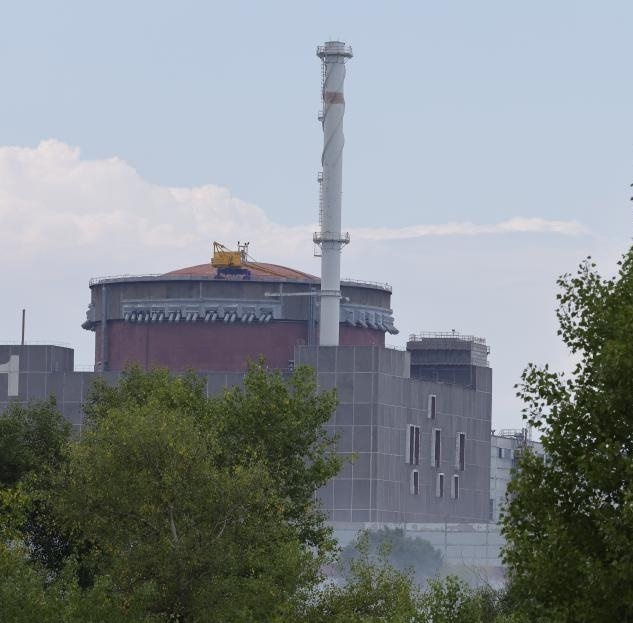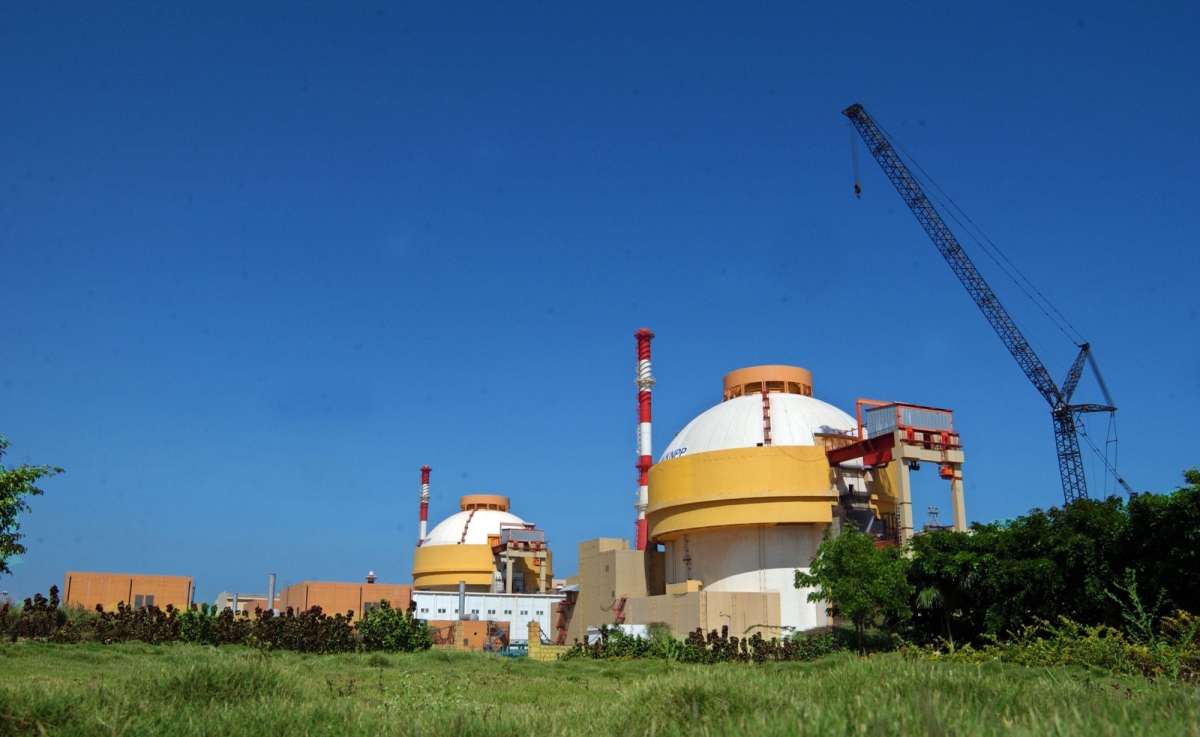IAEA Director General Rafael Grossi has warned both sides to refrain from actions that “jeopardise nuclear safety”, according to Al Jazeera…reports Asian Lite News
The dome above a shutdown reactor at the Russian-controlled Zaporizhzhia nuclear station was struck by Ukraine on Sunday, the plant’s Russian-installed administration said, according to Al Jazeera.
It was not immediately clear what weapon was used in the strike on Sunday. The Russian state-owned nuclear agency Rosatom, however, said that it was a drone attack at the nuclear plant, which was taken over by Russian forces shortly after their full-scale invasion of Ukraine in 2022.
According to plant officials, radiation levels were normal and there was no significant damage following the attack. However, Rosatom later reported that three individuals had been hurt, particularly as a result of a drone hit close to the canteen on the site. The International Atomic Energy Agency (IAEA), which has its experts on the site, informed that the Russian-run plant had come under a drone attack.
IAEA Director General Rafael Grossi has warned both sides to refrain from actions that “jeopardise nuclear safety”, according to Al Jazeera.
The largest nuclear power station in Europe, Zaporizhzhia nuclear station comprises six uranium-235 water-cooled and water-moderated VVER-1000 V-320 reactors designed by the Soviet Union. The facility also houses spent nuclear fuel.According to the plant’s administration, reactors number one, two, five, and six are in cold shutdown, reactor number three is shut down for maintenance, and reactor number four is in what is known as “hot shutdown,” reported Al Jazeera.
The facility is still near the front lines, and Russia and Ukraine have both frequently charged one another with assaulting it and so raising the possibility of a nuclear accident. (ANI)
ALSO READ-UK Official slams Western inertia on Israel after 6 months of war


